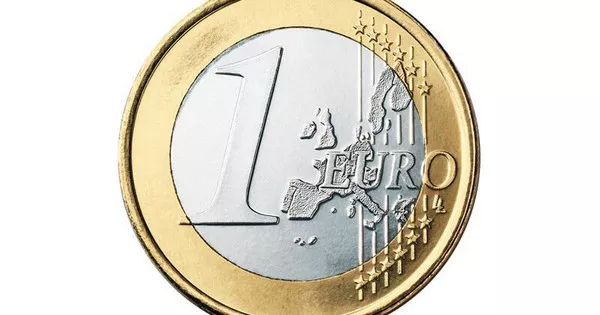The EUR/GBP currency pair is one of the most closely watched in the forex market. This is because it represents the exchange rate between two of the world’s largest economic blocs, the European Union and the United Kingdom. The relationship between these two economies has been closely intertwined for decades, and changes in their exchange rate can have far-reaching consequences for businesses and investors around the world.
In recent years, the EUR/GBP pair has experienced significant volatility. The uncertainty surrounding Brexit negotiations and the subsequent departure of the UK from the EU led to a sharp drop in the value of the pound against the euro. Since then, the exchange rate has fluctuated as markets respond to economic data, political developments, and other factors.
So, what can we expect from the EUR/GBP pair in the coming months? Will it rise or fall? In this article, we will examine some of the key factors that are likely to influence its performance.
Brexit
Brexit remains perhaps the most significant factor affecting the EUR/GBP exchange rate. The UK’s decision to leave the EU has already had a profound impact on the economy, and the full effects are yet to be felt. Negotiations between the UK and the EU over future trade agreements, access to markets, and other issues have been ongoing since the referendum in 2016, and progress has been slow.
One of the key issues that could impact the EUR/GBP exchange rate is the Irish border question. If the UK and EU cannot agree on a solution to keep an open border between Northern Ireland (which is part of the UK) and the Republic of Ireland (which is an EU member), it could lead to significant disruption to trade and commerce. This, in turn, could cause the pound to weaken and push up the value of the euro.
Economic Data
As with any currency pair, the EUR/GBP exchange rate is closely influenced by economic data. This includes indicators such as GDP growth, inflation rates, unemployment figures, and consumer confidence. The outlook for both the EU and UK economies will play a crucial role in determining the strength of their respective currencies.
In recent months, there have been signs that the eurozone economy is picking up steam. GDP growth has been revised upwards, and manufacturing PMI figures have improved. However, there are still concerns over low inflation rates and political instability in some member states, which could affect the value of the euro.
Meanwhile, the UK economy has been hit by a combination of Brexit uncertainty and the COVID-19 pandemic. GDP contracted sharply in 2020, but there are signs of a recovery as vaccination rates increase and restrictions are lifted. However, there are still concerns over the impact of long-term structural changes, such as the shift towards remote working, on the UK’s economic prospects.
Monetary Policy
Another key factor that can influence the EUR/GBP exchange rate is monetary policy. This involves decisions made by central banks on issues such as interest rates, quantitative easing, and other measures designed to control inflation and stimulate economic growth.
The European Central Bank (ECB) and the Bank of England (BoE) have taken different approaches to monetary policy in recent years. The ECB has maintained a highly accommodative stance, with interest rates at or below zero and ongoing bond-buying programs. The BoE, on the other hand, has kept interest rates higher and has been less aggressive in its use of quantitative easing.
These divergent policies have contributed to differences in the value of the euro and the pound. If the ECB continues to maintain an accommodative stance, it could put upward pressure on the euro against the pound.
Political Developments
Finally, political developments can also impact the EUR/GBP exchange rate. Elections, referendums, and other political events can lead to sudden shifts in sentiment and changes in currency valuations.
In the UK, the Conservative Party government led by Prime Minister Boris Johnson currently holds a comfortable majority in Parliament. However, this could change if there were to be a general election or if coalition negotiations were to take place in the future. Similarly, political developments in the EU, such as elections in member states or changes in leadership at the European Commission, could also impact the value of the euro.
Conclusion
In conclusion, predicting the future performance of the EUR/GBP exchange rate is always challenging. There are many factors that can influence it, including Brexit negotiations, economic data, monetary policy, and political developments. However, it is clear that the relationship between the UK and EU will continue to be a crucial driver of the exchange rate, and any progress (or lack thereof) in negotiations could have a significant impact on its direction.
Investors and businesses should stay alert to these factors and monitor any developments closely. By keeping a close eye on economic indicators, central bank policy announcements, and political events, they can make more informed decisions about when to buy and sell currencies, and how to manage their forex risk effectively.
Related topics:


